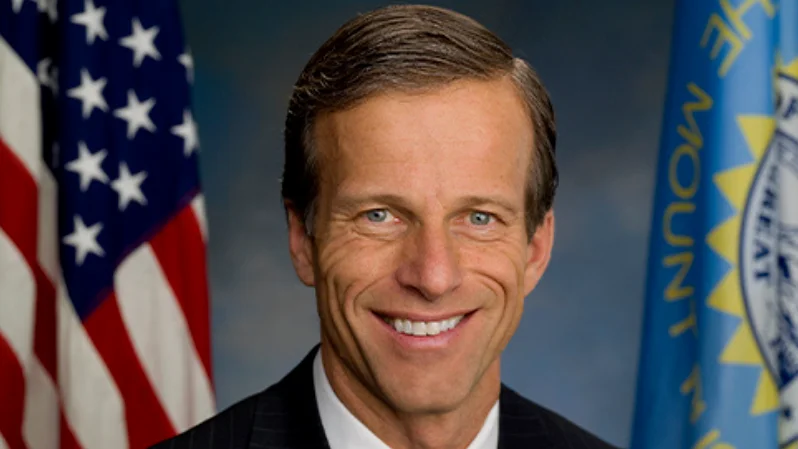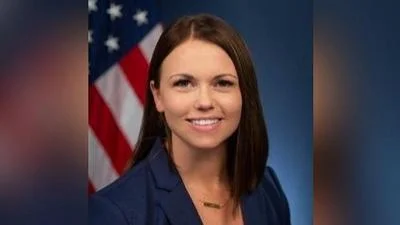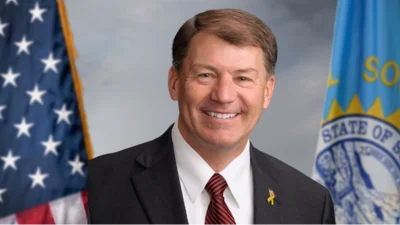Senator John Thune, US Senator for South Dakota | Official U.S. Senate headshot
Senator John Thune, US Senator for South Dakota | Official U.S. Senate headshot
U.S. Senate Majority Leader John Thune (R-S.D.) addressed the Senate floor to respond to criticism from Democrats regarding the Medicaid provisions in the Republicans’ “One Big Beautiful Bill.” Thune argued that Democratic claims linking current rural hospital closures to these provisions are inaccurate.
“The provisions of our bill that Democrats would like you to believe threaten rural hospitals – those provisions don’t even go into effect until 2028,” Thune said. He added, “Suggesting that those provisions are responsible for rural hospitals closing this month is the height of absurdity.”
Thune stated that rural hospital closures have been an ongoing issue and not a result of recent legislative changes. He pointed out that despite increased Medicaid spending under President Biden, rural hospitals continued to face challenges and some closed. Thune highlighted a $50 billion fund included in the bill for vulnerable providers such as rural hospitals, which takes effect this year. According to him, this fund aims to help these institutions adapt and provide state governments with time to address their budgets without shifting costs onto federal taxpayers.
“Our goal with this fund is to give rural hospitals and other vulnerable providers the time and resources to find solutions to some of the challenges they’re facing – and to give state governments the time to look at their budgets and develop ways of assisting rural hospitals that don’t involve pushing state responsibilities onto federal taxpayers,” he said.
Thune also discussed broader changes proposed for Medicaid by stating: “We are restoring Medicaid to what it was originally intended to be – a federal-state partnership to support the most vulnerable Americans.” He criticized expansions made under previous administrations, arguing that such changes led both Medicaid enrollment and spending to increase significantly.
“Medicaid spending has grown by more than 50 percent since 2019,” he noted, calling this rate unsustainable and saying it could threaten program stability for those most in need.
The legislation includes measures such as removing noncitizens from Medicaid rolls, implementing a work requirement for certain adults, overturning regulations making eligibility enforcement more difficult, and limiting use of what Thune called a provider tax loophole—a practice he says states use for higher federal reimbursements. He referenced past efforts by President Obama’s administration proposing similar restrictions on provider taxes.
“We are not eliminating states’ ability to use the provider tax loophole, but we are instituting limits – the identical limits, in fact, that President Obama proposed imposing,” Thune said.
He emphasized state responsibility over Medicaid funding decisions: “States like California – which chooses to spend state funds to have its Medicaid program cover illegal immigrants – they should not be able to…have the … federal government bail them out for their reckless spending decisions.”
The bill also invests in expanding home- and community-based services for individuals with developmental disabilities—an effort aimed at reducing waiting lists for care outside institutional settings.
“By refocusing available Medicaid dollars on those this program was originally intended to serve, we will make vulnerable Americans more secure – and ensure that this program will continue to be available to Americans in need long into the future,” Thune concluded.




 Alerts Sign-up
Alerts Sign-up